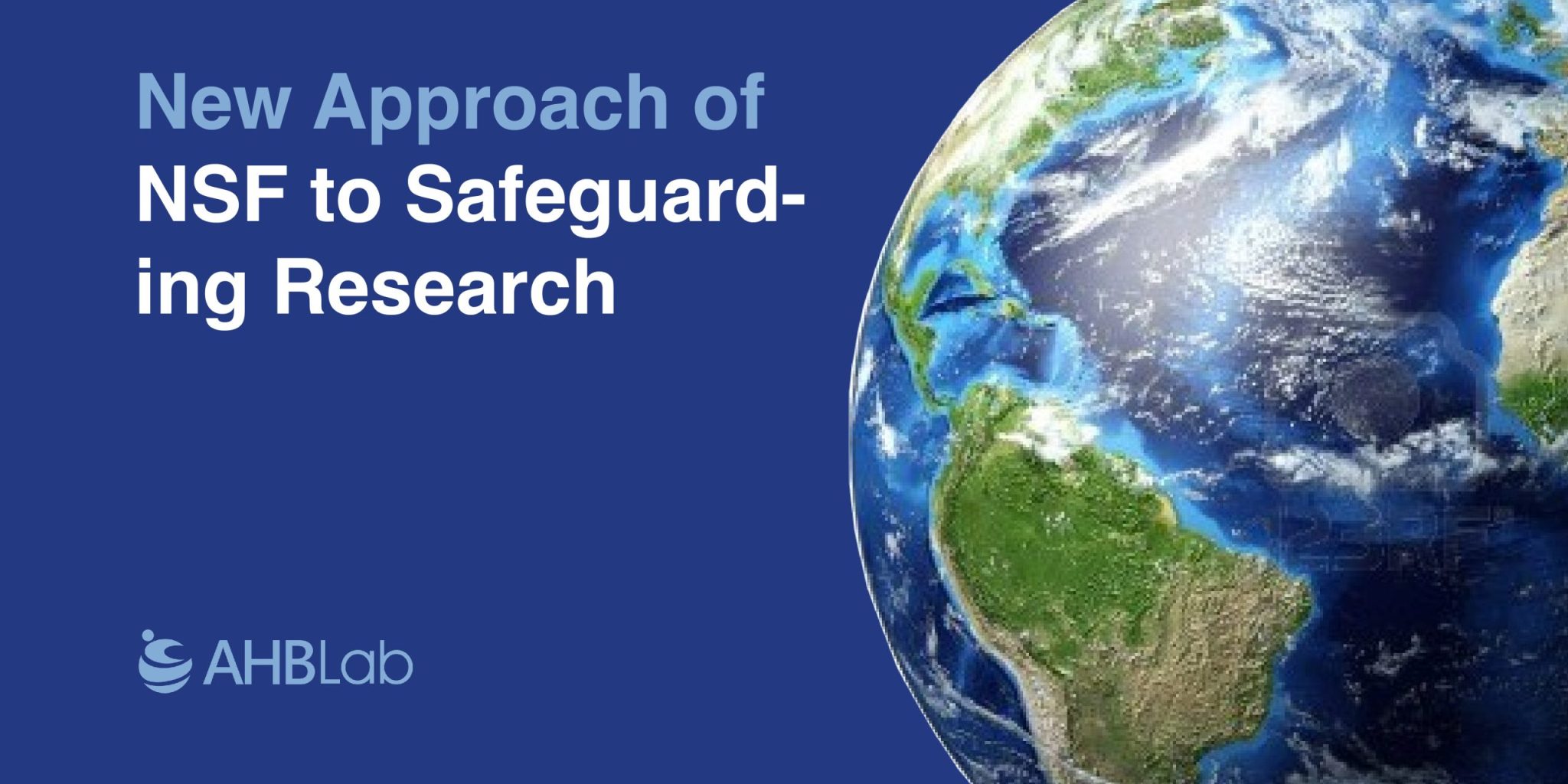The Challenge of Balancing Security and Scientific Freedom
The U.S. National Science Foundation (NSF) is at the forefront of funding basic research, exemplified by its $571 million investment in the Vera C. Rubin Observatory in Chile. This facility, set to start operations next year, represents a significant step forward in our understanding of the cosmos, potentially providing insights into dark matter and energy. However, this ambitious project also raises security concerns, particularly regarding the observatory’s ability to inadvertently monitor military assets, including spy satellites.
In an era where research security has become a pivotal concern for national agencies, the NSF faces the daunting task of protecting sensitive information without stifling the spirit of scientific inquiry that drives its $8 billion research portfolio. This balance is crucial in maintaining the integrity of the peer review process, a cornerstone of scientific advancement.
Proactive Measures of NSF: A Pilot Study in Action
Responding to legislative directives, the NSF has embarked on a novel approach to research security. Moving away from broad classifications of sensitive topics, it now evaluates individual projects for potential security risks. This strategy emerged from recommendations by an external panel of experts, emphasizing a nuanced assessment over blanket restrictions.
To implement this, the NSF has initiated a pilot study focusing on quantum information science, a field with pronounced economic and security implications. Leveraging machine learning, the NSF aims to identify proposals that warrant a closer look for security concerns, demonstrating a commitment to adaptability and precision in safeguarding research.
The Role of Peer Review in Ensuring Research Security
The NSF’s method respects the foundational principles of peer review by integrating security considerations into existing evaluation criteria. This approach seeks to incorporate national security within the broader impacts criterion, ensuring that projects not only advance scientific knowledge but also align with national interests.
However, the NSF is cautious about overburdening peer reviewers with security assessments, recognizing the importance of maintaining their focus on scientific merit. The challenge lies in finding a middle ground where researchers are aware of potential security implications without requiring them to become security experts.
Looking Ahead: Building a Culture of Research Security
The pilot study represents just the beginning of the NSF’s journey toward a more secure research environment. Acknowledging the complexity of this endeavor, the NSF is preparing to expand its efforts based on the pilot’s findings. This includes enhancing its staff’s expertise in national security and developing protocols for mitigating identified risks.
The NSF’s proactive stance on research security, guided by the insights from the pilot study and external recommendations, illustrates its commitment to evolving its processes. This gradual transformation underscores the necessity of a responsive and resilient approach to safeguarding the scientific enterprise against emerging threats, all while fostering an environment conducive to groundbreaking research.
Conclusion
The NSF’s journey toward enhancing research security without compromising the essence of scientific exploration is a testament to the delicate balance between national security and academic freedom. By adopting a project-specific review strategy, the NSF not only aligns with legislative mandates but also champions the cause of responsible research. As the agency continues to refine its approach, it sets a precedent for how scientific institutions can navigate the complex interplay between advancing knowledge and ensuring security.
In the rapidly evolving world of scientific research, where the intersection of security and innovation becomes increasingly crucial, our role extends beyond our core focus of peptide synthesis. At AHB Lab, we’re more than just a leading peptide manufacturer; we serve as a vital conduit for disseminating important scientific news, reflecting our deep engagement with the broader science industry. This commitment to sharing insights and developments is essential, especially in light of the recent discussions on research security highlighted in this article. By staying at the forefront of these conversations, we not only underline our dedication to the biotechnology sector but also emphasize the importance of staying informed about the challenges and solutions shaping the future of scientific exploration. Through our commitment to excellence in both our products and in reporting relevant industry news, AHB Lab stands as a key player in advancing the dialogue on research security, demonstrating our unwavering support for the scientific community’s pursuit of innovation.






